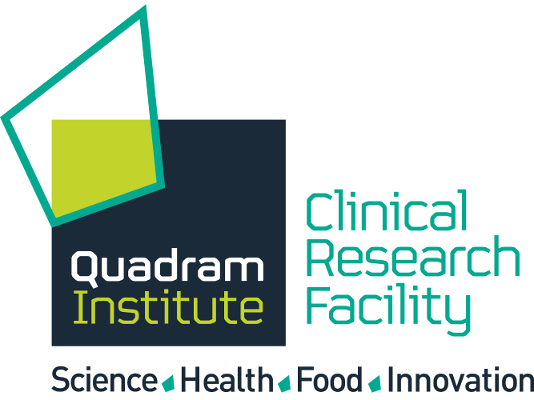
ES-Esch
ES-Esch is described by Proteobacteria and mostly by the genus Escherichia. It is a strong representative of the preterm microbiome where it tends to monodominate. Its long term persistence in the gut increases in elder individuals.


Attributes
| Background | Identification study | First included |
| Frioux et. al (202X) | November 2022 |
| Known associations | Dataset | Associations |
| BMIS | acid reflux - PPI dosage (positive) (Frioux et. al (202X)) | |
| GMR adults | age (positive) (Frioux et. al (202X)) | |
| GMR infants | birth weight (negative) (Frioux et. al (202X)) age (negative) (Frioux et. al (202X)) |
| Technical validation | - | - |
| - | - |
| Composition | Rank | Taxa |
| Kingdom |
Bacteria (97.61%) |
|
| Phylum |
Proteobacteria (86.7%) Firmicutes (10.08%) Firmicutes_C (0.83%) |
|
| Class |
Gammaproteobacteria (86.7%) Bacilli (10.08%) Negativicutes (0.83%) |
|
| Order |
Enterobacterales (85.87%) Staphylococcales (6.97%) Lactobacillales (3.11%) Veillonellales (0.83%) Pseudomonadales (0.83%) |
|
| Family |
Enterobacteriaceae (85.87%) Staphylococcaceae (6.97%) Enterococcaceae (2.16%) Lactobacillaceae (0.95%) Veillonellaceae (0.83%) Pseudomonadaceae (0.83%) |
|
| Genus |
Escherichia (40.34%) Citrobacter (20.57%) Enterobacter (12.44%) Staphylococcus (6.97%) Klebsiella (6.66%) Serratia (3.08%) Enterococcus (2.16%) Salmonella (1.29%) Leuconostoc (0.95%) Veillonella (0.83%) Pseudomonas (0.83%) Raoultella (0.75%) Proteus (0.74%) |





